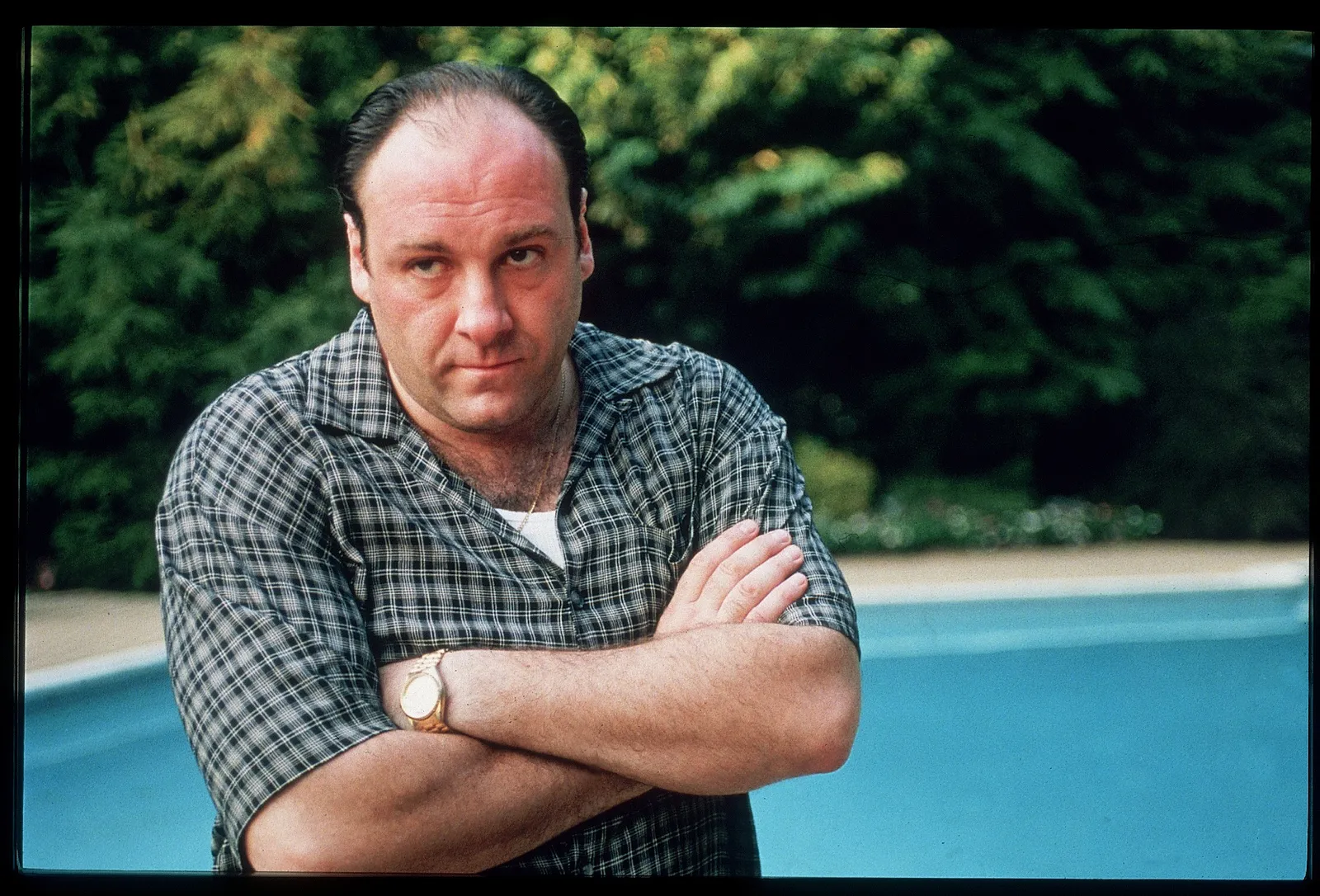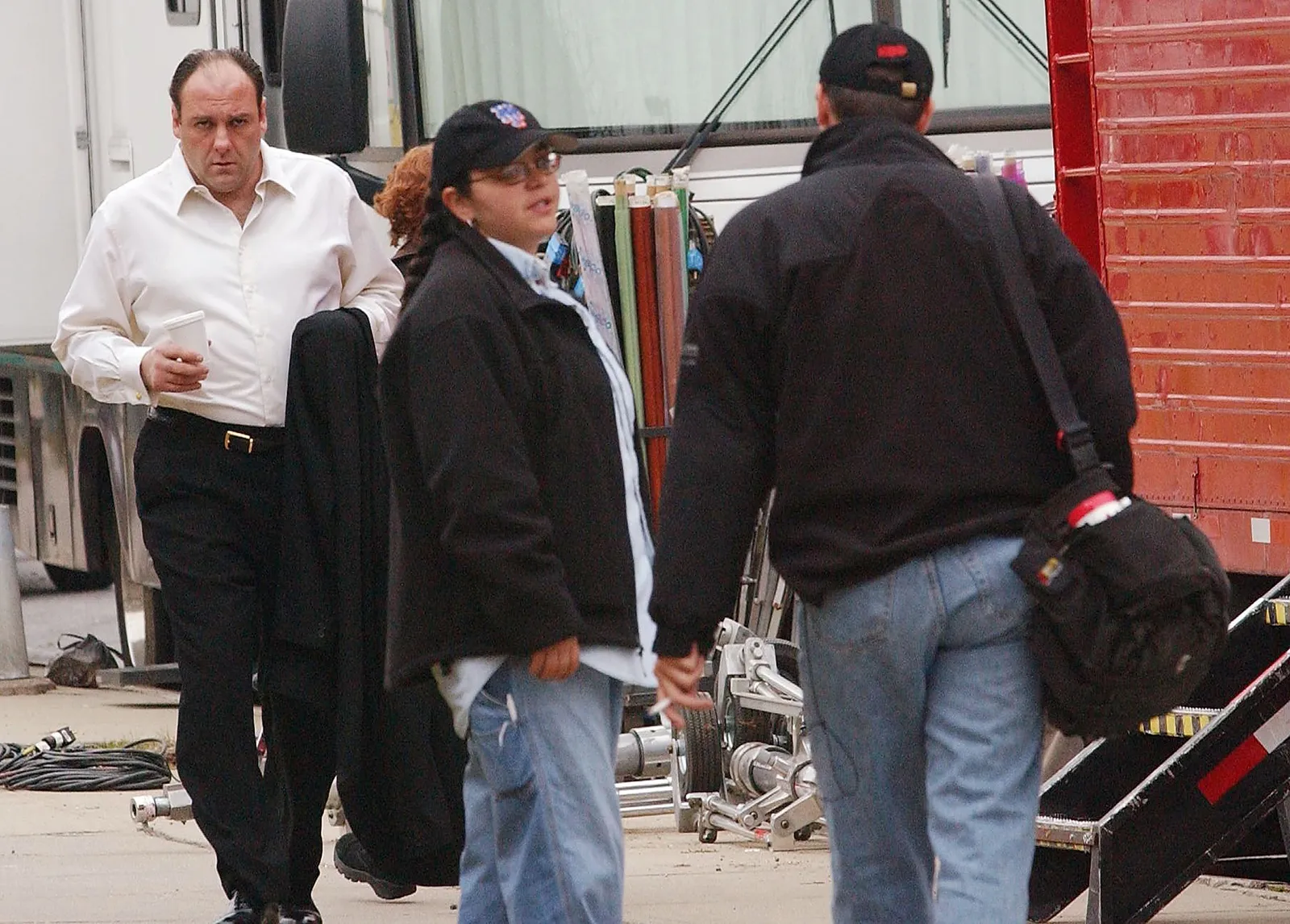James Gandolfini’s portrayal of Tony Soprano in HBO’s “The Sopranos” is widely regarded as one of the most compelling performances in television history. However, behind the scenes, Gandolfini grappled with personal demons that often disrupted production and strained relationships with cast and crew. This article delves into the complexities of Gandolfini’s life during the show’s run, exploring how his struggles impacted the series and those around him.
The Rise of a Television Icon
When “The Sopranos” premiered in 1999, it revolutionized television, introducing audiences to a new kind of antihero. At the center was Tony Soprano, a mob boss juggling the demands of his criminal enterprise with the challenges of family life and mental health issues. Gandolfini’s nuanced performance earned him critical acclaim, including multiple Emmy Awards, and cemented his place in pop culture.
The Weight of Tony Soprano
Portraying Tony Soprano required Gandolfini to delve deep into the psyche of a complex character. This immersion took a toll on the actor, blurring the lines between his on-screen persona and real life. The emotional and psychological demands of the role contributed to Gandolfini’s struggles with substance abuse and mental health.
Substance Abuse and Production Disruptions
Gandolfini’s battles with alcohol and drugs were well-known among the cast and crew. His substance abuse issues often led to unpredictable behavior, including frequent absences from the set. These disruptions forced the production team to adapt quickly, sometimes filming scenes without the lead actor or rearranging shooting schedules at the last minute.
The Toll on Cast and Crew
The actor’s erratic behavior placed immense pressure on his colleagues. Co-star Edie Falco, who played Tony’s wife Carmela, was particularly affected. While undergoing treatment for breast cancer, Falco often arrived on set to find Gandolfini absent, exacerbating the already challenging production environment. Despite these difficulties, many cast members expressed empathy for Gandolfini, recognizing the depth of his personal struggles.
Coping Mechanisms and Attempts at Redemption
Gandolfini was acutely aware of the impact his actions had on the production. In an effort to make amends, he would occasionally treat the cast and crew to lavish meals or gifts. These gestures, while appreciated, underscored the ongoing challenges he faced in managing his personal demons.
HBO’s Intervention Efforts
Concerned about the actor’s well-being and the show’s future, HBO executives attempted to intervene. In one instance, they organized a meeting with Gandolfini to address his substance abuse issues. The actor, however, reacted defensively, challenging the executives and resisting their efforts to help. Despite these setbacks, Gandolfini continued to work on the series until its conclusion in 2007.
The Legacy of James Gandolfini
James Gandolfini’s portrayal of Tony Soprano left an indelible mark on television history. His ability to humanize a morally complex character set a new standard for acting in the medium. However, the personal cost of this achievement was significant. Gandolfini’s struggles serve as a poignant reminder of the pressures faced by performers and the importance of mental health support in the entertainment industry.
In 2013, Gandolfini passed away from a heart attack at the age of 51. His death was mourned by fans and colleagues alike, who remembered him not only for his extraordinary talent but also for his generosity and kindness. The complexities of his life and career continue to resonate, offering valuable insights into the challenges of fame and the human condition.
- Natural Lip Filler – Elegant Lip Enhancement & Subtle Lip Augmentation - December 19, 2025
- Lip Augmentation in London – Lip Filler London & Natural Lip Enhancement - December 16, 2025
- Bonnie Blue secretly filming huge C4 show which will reveal ‘what her life’s really like’ after 1,000 men sex stunt - June 5, 2025






